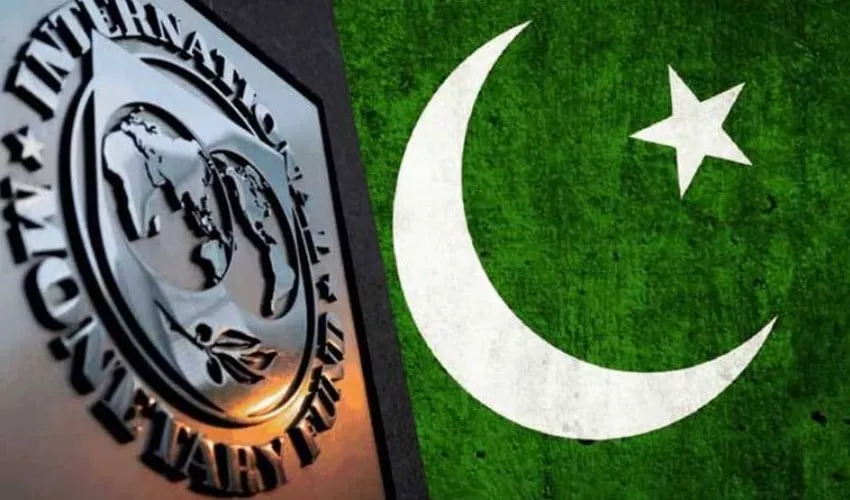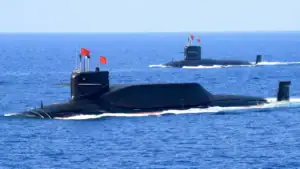Islamabad, May 9, 2025: The International Monetary Fund (IMF) Executive Board has granted approval for Pakistan’s First Review under the $7 billion Extended Fund Facility (EFF), alongside a new $1.3 billion Resilience and Sustainability Facility (RSF).
This approval paves the way for Pakistan to receive an immediate $1 billion under the EFF, boosting total disbursements to $2 billion.
Moreover, Pakistan will now have access to $1.3 billion allocated for climate-related projects over the next 28 months.
This key milestone follows a mission led by IMF’s Nathan Porter from February to March 2025, where a staff-level agreement was finalized for the 37-month EFF program.
The primary focus of the program is to implement fiscal consolidation measures, control inflation, build foreign reserves, and undertake structural reforms aimed at fostering private-sector growth.
On the fiscal front, Pakistan’s performance during the July-March period showed mixed results.
The government achieved a primary surplus of Rs3,468 billion, surpassing IMF targets largely due to robust fiscal controls and strong provincial surpluses.
However, the total fiscal deficit reached Rs4,023 billion, which was later reduced to Rs2,970 billion after factoring in provincial surpluses.
Despite the fiscal gains, tax revenue collection fell short by Rs715 billion, with the Federal Board of Revenue (FBR) only collecting Rs8,453 billion.
Nevertheless, non-tax revenues exceeded expectations, driven largely by increased receipts from the petroleum levy.
Read More: IMF Board to Decide on $2.3 Billion Aid Package for Pakistan Tomorrow
A setback came from the Trader-Friendly Scheme, which missed its revenue target by Rs36.7 billion.
This approval marks a significant step forward in Pakistan’s ongoing economic reforms, and it comes at a time when the country is striving to improve its fiscal health and promote sustainable growth.
The added $1.3 billion under the RSF will play a vital role in funding projects to combat climate change and enhance Pakistan’s resilience to environmental challenges.
With these new funds and the IMF’s continued support, Pakistan is poised to address critical fiscal and environmental challenges.
The approval sets the stage for important reforms aimed at strengthening Pakistan’s economy.
As the country moves forward, the upcoming months will be crucial in determining whether these measures can lead to long-term economic stability and growth.
Stay tuned for further updates on Pakistan’s economic journey as it navigates through this pivotal phase.









